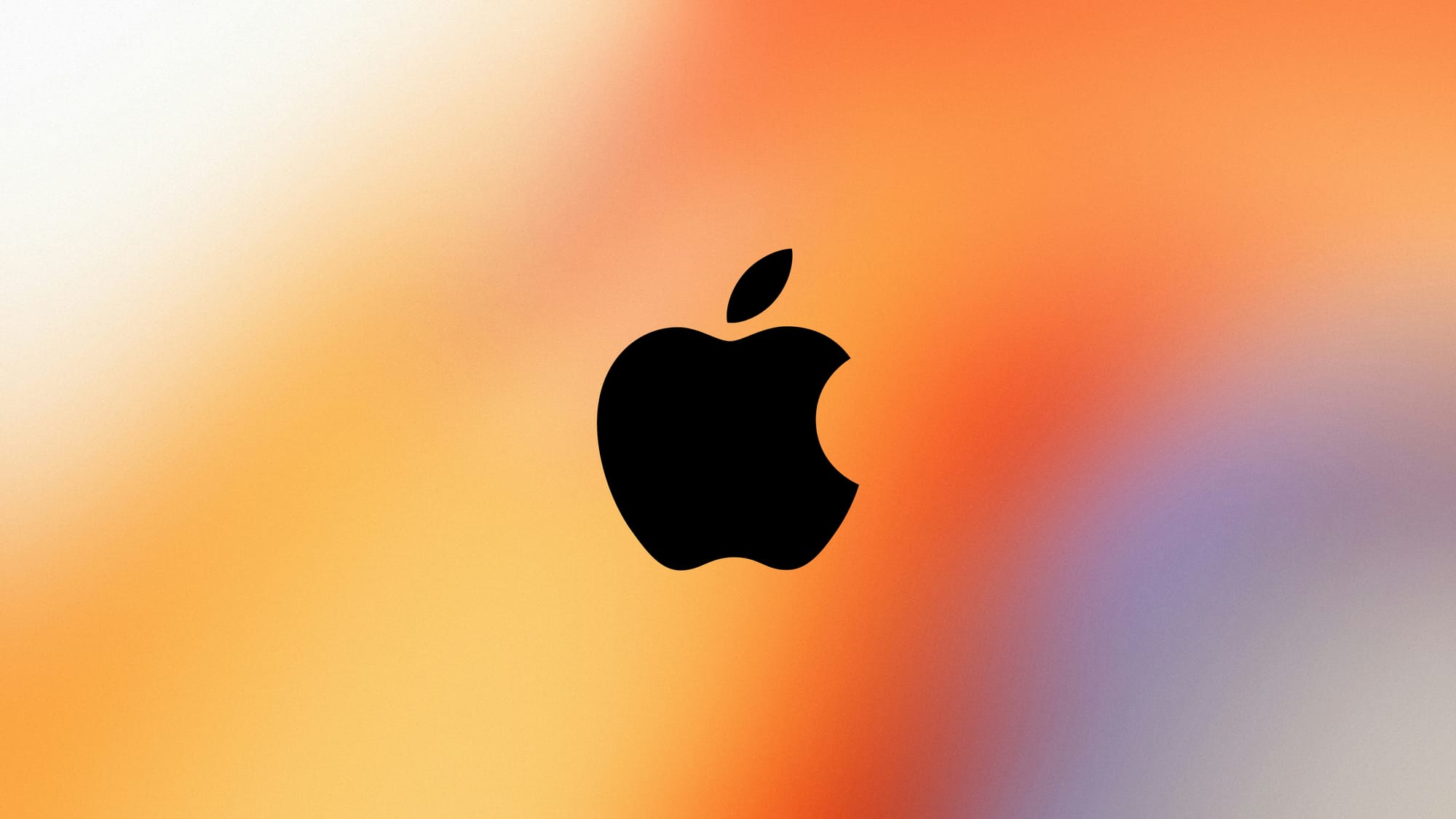Money isn’t just on Americans’ minds—it’s on their minds a lot. A 2025 study by financial services firm Empower revealed a remarkable statistic: the average American spends nearly four hours a day thinking about money. That’s the equivalent of a demanding part-time job. For Gen Z and Millennials, this figure climbs even higher, approaching five hours daily.
Why Is Money Taking Up So Much Brain Space?
It’s not just idle daydreaming. The primary thoughts haunting Americans are worries over bills, inflation, housing costs, debt, and the daunting challenge of retirement savings. Over half (54%) say they’re thinking about money more than last year, and one in three admit they lose sleep over financial worries. Millennials are particularly affected, with 44% reporting that money keeps them up at night.
Rebecca Rickert, Empower’s head of communications, offers a silver lining:
“We’re seeing a real shift from passive worry to proactive behavior. People are motivated. They’re looking for tools, information, and advice to turn that energy into progress.”
This uptick in financial introspection is not only about stress—it’s also about seeking solutions.
Financial Stress: The Emotional Toll
Financial stress is a pervasive force in American life. According to Bankrate, nearly half of Americans say money negatively impacts their mental health, with everyday expenses, inflation, and rising prices fueling the anxiety. The pressure doesn’t discriminate: while lower-income households feel it more acutely, even high earners and multiple generations report money-related stress as a constant companion.
Interestingly, new research finds this stress is more than emotional—it interferes with focus at work, strains relationships, and even causes physical symptoms like headaches and insomnia. The narrative is clear: money worries seep into every aspect of daily living.
Turning Financial Worry Into Financial Wellness
But Americans aren’t resigning themselves to this cycle of anxiety. In fact, most people aren’t sitting idle. The surge in financial worry has sparked a movement toward empowerment and education. Lou Antonelli, COO at Beyond Finance, notes:
“There’s a growing movement around financial self-empowerment... It’s not just about fixing your finances—it’s about feeling capable and in control.”
Practical steps abound—tracking spending, using budgeting apps, and talking openly about finances with loved ones are increasingly common. Experts like Suze Orman remind us, “A big part of financial freedom is having your heart and mind free from worry about the what-ifs of life.”
Final Thoughts
Money may be dominating American thoughts, but financial anxiety doesn’t have to win. Whether you’re riding the Gen Z afternoon worry wave or the late-night Millennial finance fret, turning worry into action—by gaining knowledge, making a plan, and seeking guidance—offers a path forward. As one expert succinctly puts it: “Money is a tool. You’re the driver.”
Ready to take back those four hours? Your mind—and your future—will thank you.














Discussion